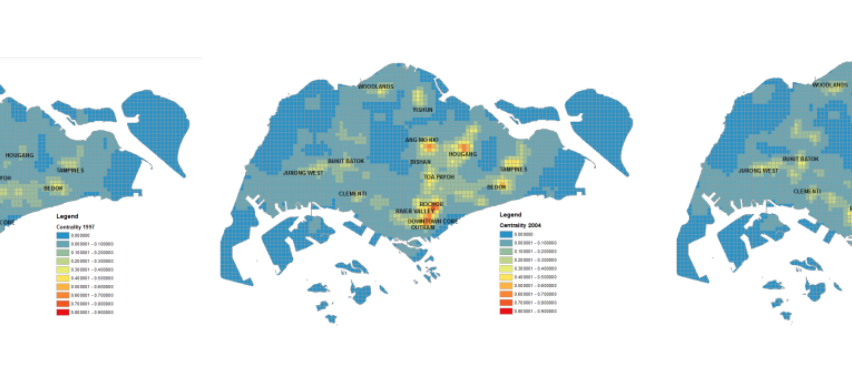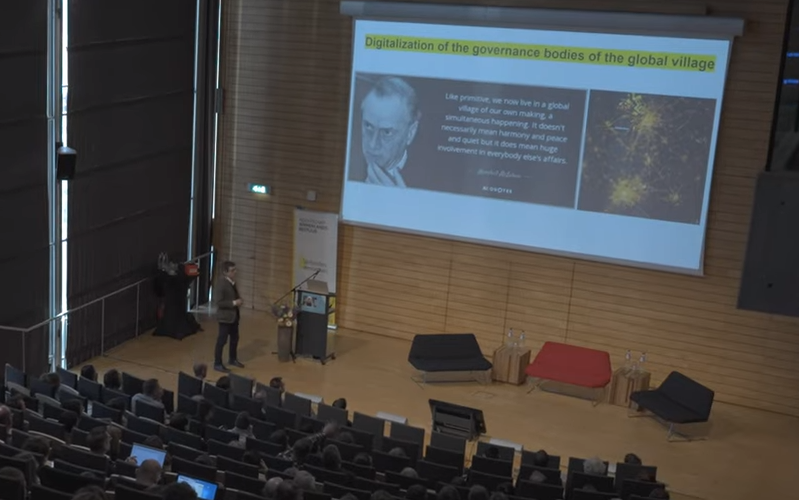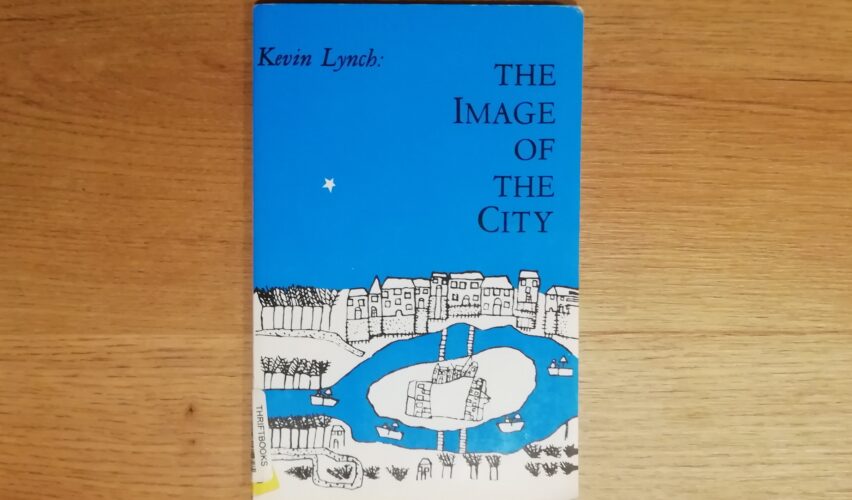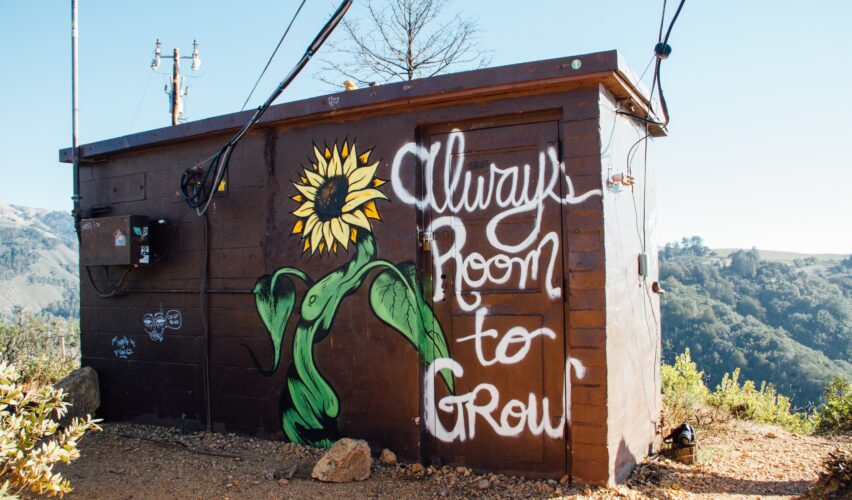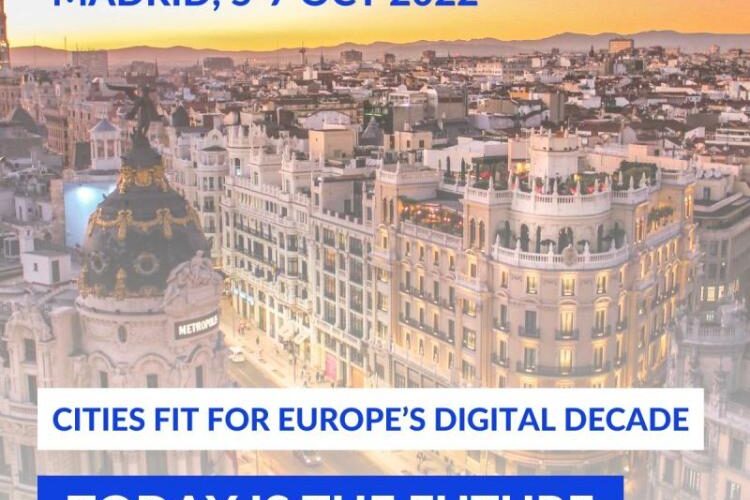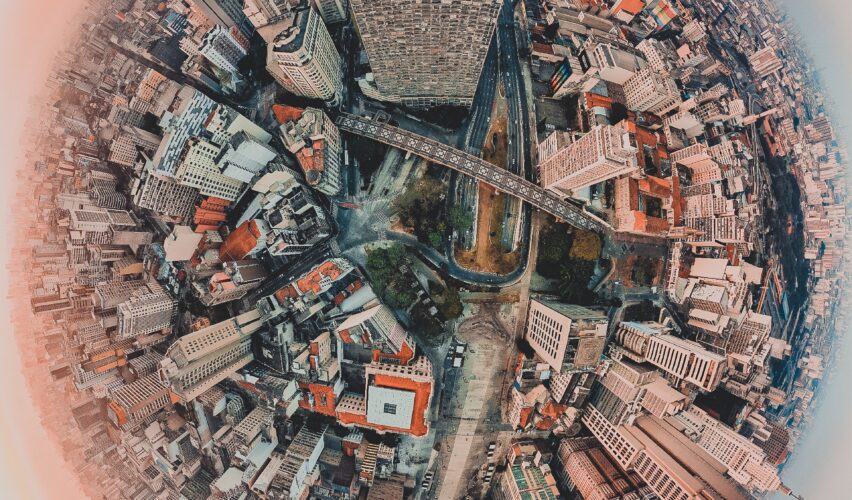Spatial entropy to design the 15 minute city
Tne relationship between urban design and entropy has been intriguing me for some time. Basically, what I realized was that cities, as any other set of matter in our Universe, should obbey the 2nd Law of Thermodinamics. I had a thread there I could try to follow. So I wrote a series of posts about …...
Beyond the Metropolis: Recognizing the Value of a Smart Rural Europe, by Jon Glasco
The development of Smart European Cities needs to happen in parallel to a Smart Rural Europe agenda. An estimated 70% of Europe’s land area is used for agriculture or covered by forestry. “The vital role of agricultural and rural development deeply affects the economic, social and environmental aspects of every EU member state.”...
Making the most of data: supporting data stewardship in local ecosystems
On Tuesday, 23rd May 2023, I chair the webinar “Making the most of data: supporting data stewardship in local ecosystems” at Eurocities. This session is part of the activity of the Data Working Group withing Eurocities’ Digital Forum . Data stewardship is a figure recognized by the European Data Governance Act and the...
Digitizing Government Ecosystems. De Klik Met De Burger. March, 28th 2023. Mechelen (Belgium)
On March, 28th 2023 I was invited as a keynote speaker at the De Klik Met De Burger event in Mechelen (Belgium) to speak about Digitizing Government Ecosystems. I was also able to present the work we’ve done during the last 15 years to position Zaragoza as one of Europe’s most innovative & sustainable cities. …...
Small Communities, Big Ideas: The Evolution of Three Smart Villages, by Jon Glasco
Megacities like Paris, London and New York capture smart city headlines in recent years, mainly because they are centers of economic, technological and innovative power. While small communities and smart villages in peripheral areas receive less attention, they offer value through innovation in biodiversity, climate resilience,...
Kevin Lynch. The Image Of The City
Kevin Lynch’s “The Image of the City” is a seminal work in urban design that founded in practice a new field of work and study such as the geography of perception -or behavioural geography-. In his work, Kevin Lynch tries to comprehend and design the visible layer of the city through the image it projects …...
Beyond Innovation Districts: Why Peripheral Communities Matter, by Jon Glasco
How and where can cities accelerate innovation as an economic development strategy? In recent decades, many urban leaders attempted to answer this question through investments in innovation districts. “More than 80 innovation districts have been identified in cities across the globe,” according to Carla M. Kayanan, a researcher at...
Democratic co-production of sustainable public services. Rome. Dec, 14th 2022
Democratic co-production of sustainable public services is an event related to the Interlink project. We focus on new ways of delivering public goods and services, in particular regarding what concerns democratic an feasible co-production of public services. The discussion will be centered on how to promote sustainable development and...
Governance of the Data Space for Smart Cities and Communities. Eurocities Digital Society Forum. 5-7 Oct 2022 (Madrid)
As chairs of Eurocities Data Working Group, on Oct, 6th we moderated the pannel “WG Data: Preparations for a data space for smart communities – Multistakeholder data governance”, during the Eurocities Digital Society Forum held in Madrid. The aim of the session was to prepare the member cities to the inminent start of...
We need a “Hubble” of cities
Scientific progress is coming from unexpected directions. Mathematics, biology, and astrophysics promise to bring new theoretical tools to advance in how cities work. Social networks, Internet of Things, and big data are sending much of the information about flows between humans and between humans and objects at local and distant scales. But, in screening the universe of cities, our observation artifacts are maybe too narrow and rudimentary.

